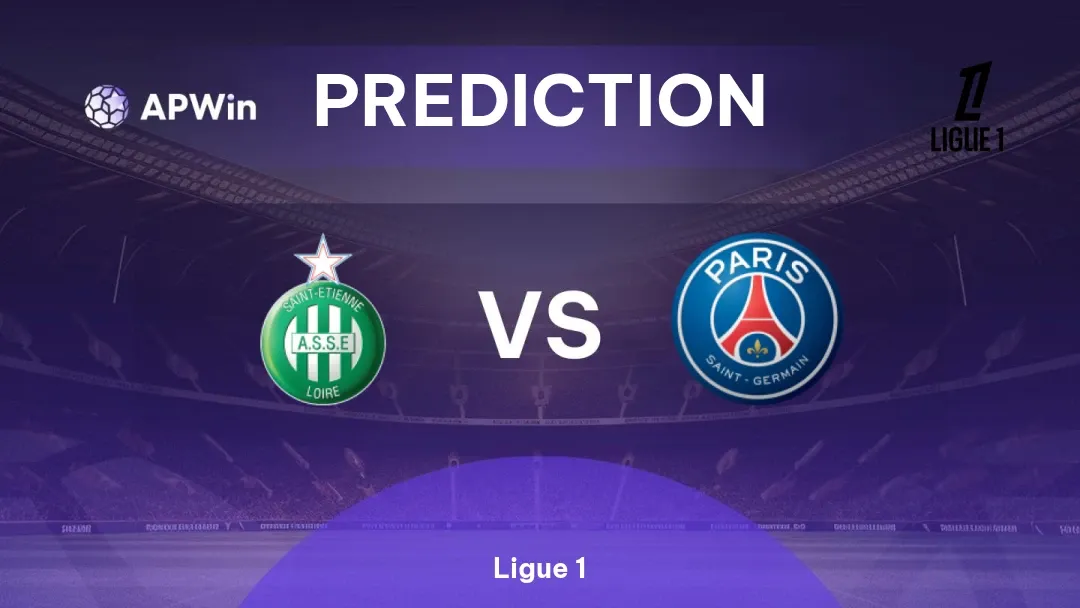2024 House Races Heat Up: Republicans Secure Trifecta Victory!
In a significant political shift, the Republican Party has officially regained control of the U.S. House of Representatives, achieving the crucial threshold of 218 seats necessary for a majority. This victory, confirmed by the Associated Press on November 13, 2024, marks a pivotal moment in American politics, as it represents the first time since 2018 that Republicans have achieved a trifecta, controlling the presidency, the House, and the Senate simultaneously.
Who, What, When, Where, Why, and How
Who: The Republican Party, led by former President Donald Trump, has successfully reclaimed the House majority.
What: The GOP’s victory allows them to advance their legislative agenda, which includes tax cuts, border security funding, and potential changes to the Affordable Care Act.
When: The announcement of the Republican majority came on November 13, 2024, following the midterm elections.
Where: The elections took place across the United States, with key battleground states like Michigan, Pennsylvania, and Colorado playing a crucial role in the outcome.
Why: The Republican Party’s strategic candidate recruitment and effective messaging resonated with voters, particularly in competitive districts.
How: Partisan redistricting and a focus on viable challengers in primaries helped the GOP secure critical wins.
A New Era of Governance
With Donald Trump back in the presidency, the Republican Party is poised to implement policies with a supportive Congress. This trifecta victory enhances Trump’s ability to push through his legislative agenda, which is expected to focus on aggressive tax reforms, immigration policy changes, and healthcare legislation aimed at repealing or overhauling existing laws like the Affordable Care Act.
However, the path forward may not be entirely smooth. Despite their victory, Republicans are anticipated to have a narrow majority in the House, which could complicate legislative efforts. This slim margin may necessitate bipartisan cooperation on certain issues, as internal divisions between moderate and far-right factions within the party could impact governance and legislative cohesion moving forward.
Key Battleground States and Redistricting Impact
The Republican Party’s success in the recent elections can be attributed to their performance in key battleground states. They successfully flipped several competitive seats in states such as Michigan, Pennsylvania, and Colorado, while also managing to hold vulnerable incumbents in states like Iowa and Wisconsin.
Partisan redistricting played a significant role in shaping the electoral landscape, with fewer competitive districts available for Democrats to target compared to previous cycles. This strategic advantage allowed Republicans to solidify their gains and secure a majority in the House.
Candidate Recruitment Strategy
The GOP’s strategic candidate recruitment and support for viable challengers in primaries contrasted sharply with the Democrats’ reliance on repeat candidates from previous elections. This approach not only energized the Republican base but also attracted undecided voters who were looking for fresh faces and new ideas.
As a result, the Republican Party was able to present a united front, showcasing candidates who aligned with the party’s core values while also appealing to a broader audience. This strategy proved effective in swaying voters in critical districts, ultimately leading to their success in the House races.
Internal Party Dynamics and Future Challenges
While the Republican Party celebrates its victory, it must also navigate the complexities of its internal dynamics. The narrow majority in the House may lead to challenges in governance, as differing ideologies between moderate and far-right factions could create friction.
As the party moves forward, it will be essential for Republican leaders to foster unity and collaboration among their members to effectively advance their legislative agenda. Failure to do so could result in gridlock and hinder their ability to implement the policies that voters expect.
Judicial Appointments and Long-term Implications
One of the significant advantages of a Republican-controlled Senate is the increased capacity to confirm judicial appointments. With Trump back in the presidency, the GOP will have the opportunity to reshape the judiciary for years to come, potentially influencing key legal decisions on issues ranging from healthcare to immigration.
The long-term implications of this trifecta victory are profound. While it allows for significant policy shifts, it also raises questions about how effectively Republicans can govern given their slim margins and potential internal conflicts. The coming months will be critical as the party seeks to establish its priorities and navigate the complexities of a divided electorate.
Conclusion
The 2024 House races have set the stage for a new era of governance under Republican leadership. With a trifecta victory, the GOP is poised to advance its legislative agenda and implement significant policy changes. However, the challenges of a narrow majority and internal party dynamics will require careful navigation as they work to fulfill the promises made to voters.
As the political landscape continues to evolve, all eyes will be on the Republican Party to see how they leverage their newfound power and whether they can effectively govern in a divided nation. The coming months will undoubtedly






Leave a Comment